
Measurements of Success in Sports & Studies
You may have seen the new Netflix documentary ‘Beckham’, about one of England’s most well-known footballers. Near the start, Beckham talks about his school days

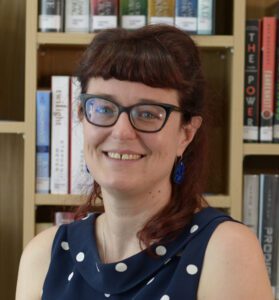
Passionate about all inquiry and assessment in MYP, gamification, and making education active.
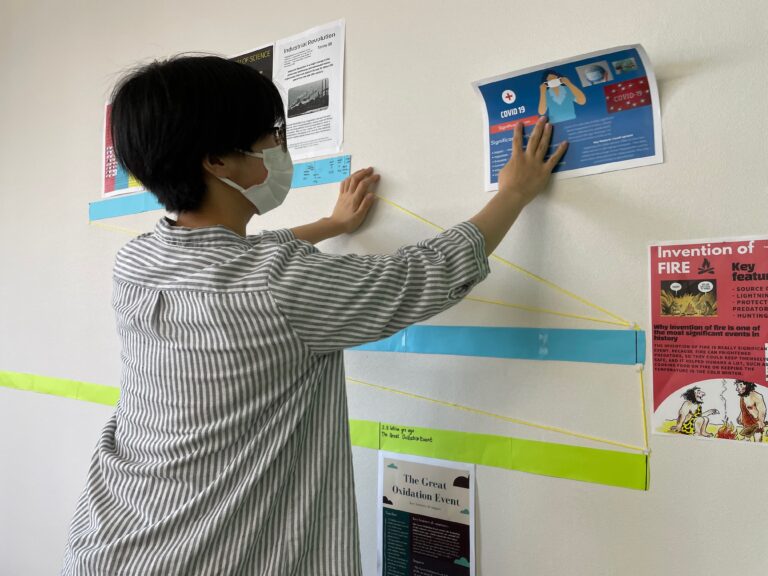
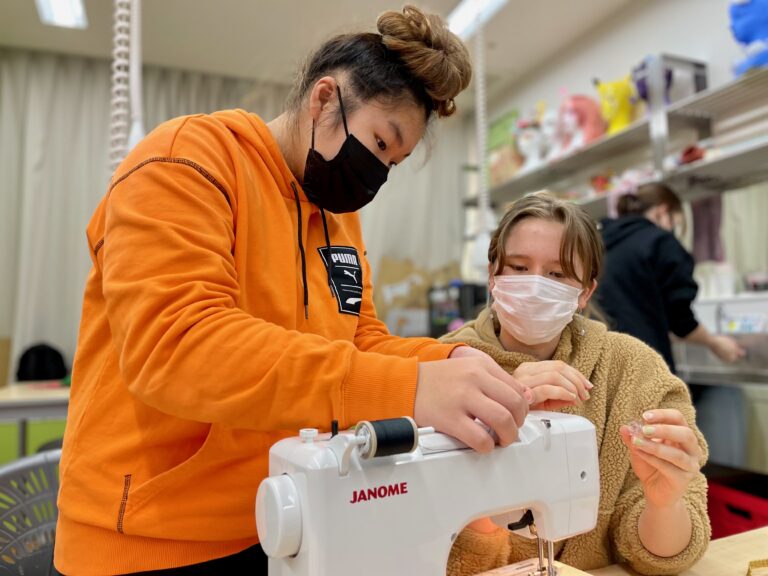
“Traditional assessment” is based on how well students can recall and reconstruct a prescribed body of knowledge, and may well remind you of the types of assessment that characterised your education. Did the assessments you were given at school challenge you to think critically and creatively? Tests or essays are contrived. School-based situations only provide a snapshot of your knowledge at a point in time.
MYP assessment can be challenging to understand, in that each subject uses different subject-group objectives and criteria to measure student performance – but broadly speaking, there are 4 general criteria that all teachers use to assess students:
MYP assessments are graded using rubrics, which OYIS parents may have seen on Managebac, that measure student achievement against one of the above criterion descriptors in 4 bands ([lowest] 1-2, 3-4, 5-6, and 7-8 [highest]). For example, in Mathematics, when assessing Criterion D: Applying mathematics in real-life contexts, teachers use their professional judgement to evaluate if a student has “Explained” to reach the 5 / 6 band or has “Justified” to reach a 7 / 8 band in regardless to the degree of accuracy of their mathematical solution.
Would it not be easier to simply give a student a score out of 100 or an A?
Summative assessment in the MYP evaluates what students know, understand, and can do with their subject and conceptual knowledge. Teachers at OYIS are curriculum designers, who construct assessment tasks designed to inspire and engage students and seek answers to big ideas such as “Who decides what is beautiful” or “How do changes to culture and environment affect human societies?”
Authentic assessment is set in a real-world context through students engaging with a situation and a role that simulates jobs or industries in that discipline. During the day, students might be in the role of a “parent” on a panel about the impact of technology or as an “ethicist” debating the role of ethics in science. In this way, students apply their knowledge in unfamiliar contexts and situations, and through assuming a “role” can write in a variety of text types and experiment with language appropriate for context.
Project-based learning encourages problem-solving as students are challenged to inquire, take action and reflect on the world around them. Through designing independent and open inquiries, teachers scaffold and guide students to think critically about issues, create research questions, and plan an investigation. In MYP science, students are introduced to the scientific method through designing their own experiments, collecting data and independently forming their own research questions. In Art and PE, students are surveying the community to evaluate how we can promote wellness and using this information to design spaces in the school which promote community well being.
Why are we learning this?
One cliché about educating students for the future is preparing them for jobs that don’t exist yet. What we can predict as educators is that the world will be defined by change and disruption – shaped by emerging technologies, rapid developments in artificial intelligence, and the challenges of climate change.
Authentic assessment is a key driver in preparing students for the future as it allows students to apply their knowledge in novel, new, or unfamiliar situations which are set in a real-world context. The 21st-century and Approaches to Learning skills that students will need to be successful in a rapidly changing world form the core of the MYP programme, helping students to be adaptive versus reactive and to be risk takers who approach challenges with consideration of a wider world context. Summative assessment in MYP teaches students the procedural knowledge to complete their assessment task such as making a documentary, writing a graphic novel, or designing an experiment.
However, the exciting aspect of MYP assessment is that it promotes a growth mindset in students through explicitly teaching strategies and encouraging them to be reflective about their thinking. Students are also asked to reflect on how to collaborate and communicate successfully through negotiating roles and the self-management skills that they will need to balance their social and emotional learning. Research and developing the skills to locate, select and use relevant information is an important skill that is developed across all MYP subjects. By the end of MYP, students should have developed a whole “toolkit” of strategies that will enable them to be successful and independent in the DP.

You may have seen the new Netflix documentary ‘Beckham’, about one of England’s most well-known footballers. Near the start, Beckham talks about his school days
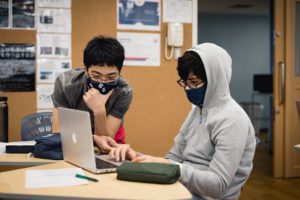
Students who are eligible for Grades 10 or 11 in August 2023 are invited to take the 2022 Scholarship Exam. This exam is the first step to potentially receiving the OYIS Achievement Award.
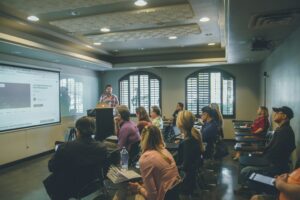
Osaka YMCA International School is hosting a professional learning event on Saturday, February 8, 2025. The focus of the sessions will be Rethinking Assessments, broken
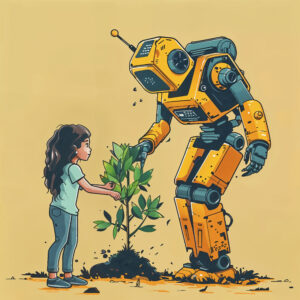
Since November 2022 when ChatGPT was released to the world, it’s seemed that AI has been everywhere in the news. Since then, AI has become
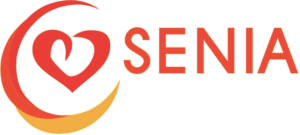
Celebrating Our Teachers: 5 Educators Earn SENIA Level 1 Certification! We are excited to announce that five of our dedicated teachers have recently completed their
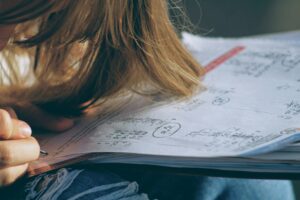
Being Good Enough vs Being Perfect The idea of having to achieve the highest level of perfection is something that often affects the best of
Click here to start your application
Sign in Here
Osaka YMCA International School – Copyright 2025